Loading...

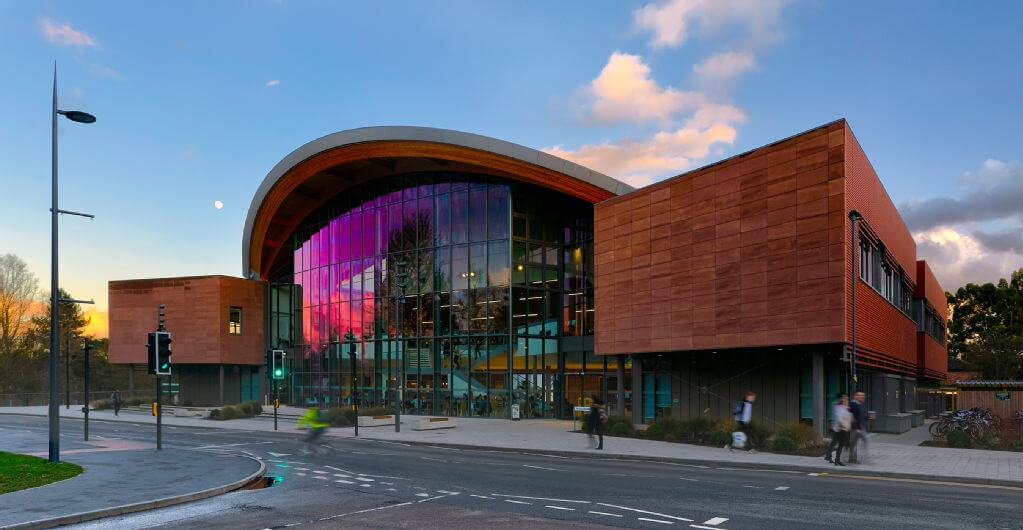
Warwick Graduate Medicine Interview Questions
This article was updated in December 2023 with the latest information, and we will continue to regularly update it!
For the 2023-24 admissions cycle, Warwick will be holding MMI style interviews for entry onto the graduate entry Medicine course. In this guide we provide an expert insight into past Warwick stations, the Warwick interview day and tips for converting your Warwick interview into an offer!
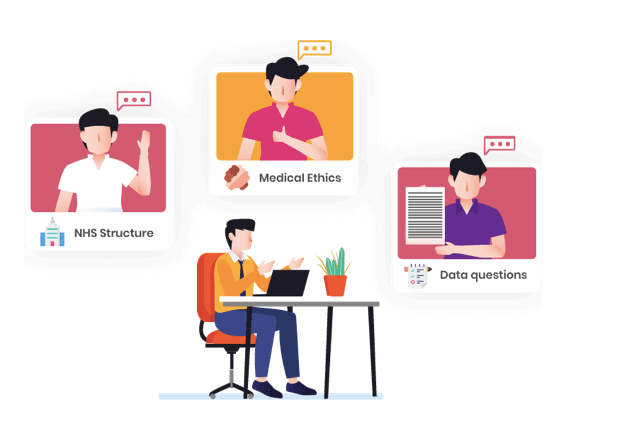
How Is Warwick Interviewing for 2024 Entry?

What is the Warwick interview style?
For 2024 entry, Warwick have confirmed that their interviews will take place in person. The interview is a 6-station MMI that takes roughly 2 hours in total. The stations will be assessed by a range of examiners, from clinical practitioners to lay-people/patients.
What are the Warwick Medicine interview dates?
Interviews will typically be held in December.
What are the common topics covered at the Warwick Medicine Interview?
- Demonstrating teamwork
- Demonstrating an adequate insight into the profession
- Demonstrating qualities of a good doctor including empathy, resilience and insight
- Good communication skills
- Respect and dignity in Medicine
- Probity
How many applicants were interviewed and subsequently accepted onto the Warwick GEM course in 2023?
In 2023, 480 candidates were interviewed out of 1382 applicants. 264 candidates were offered a place, roughly 50% of those interviewed.
Book a University Specific Mock
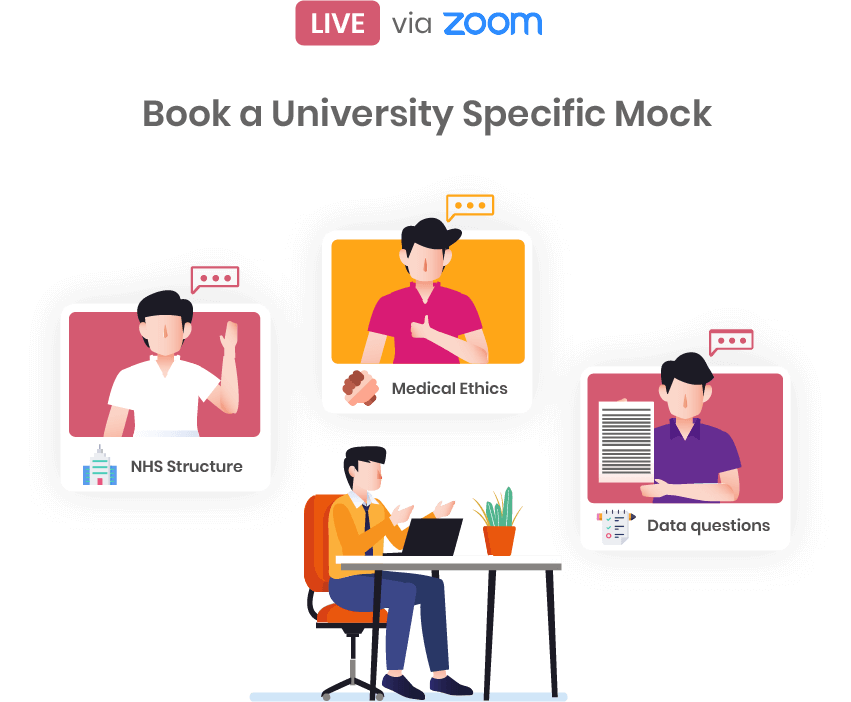
List of Recent Warwick Medicine Interview topics
| Theme | Warwick GEM Example Questions |
|---|---|
| Teamwork | Skills required to be a good team player Role of communication in ensuring successful teamwork |
| Understanding the profession | Learning objectives during work experience |
| Personal skill-set | Candidate’s reflection of activities mentioned in the personal statement |
| Communication | Watch and critique a video consultation Understanding various teaching and learning styles Reflection of one’s own communication skills |
If you would like to practice for the Warwick Medicine Interview, have a go at the following questions:
- Reflect on a time when you had to tailor your communication style to meet your audience’s needs.
- Why is confidentiality important? (You can also check out our interview video on confidentiality here)
- What does integrity mean to you? Discuss a time where you showed honesty and integrity.
- During your work experience, what skills did you notice doctors use to build rapport with their patients?
- What are the most pressing issues for the NHS today, other than Coronavirus?
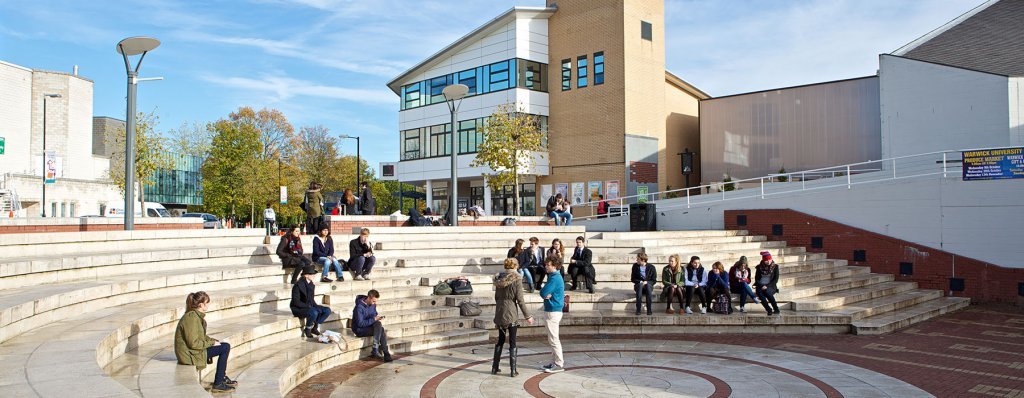
Insider Guide: Warwick GEM Interview Day
How does the Warwick Interview day work?
The Warwick Medicine Interview is a 6-station MMI that lasts for roughly 2 hours. Station interviewers range from medical professionals and academics to current students and laypeople.
Warwick University has confirmed that interviews for the 2024 cycle will take place at its Medical Teaching Centre.
What do you have to bring for the Warwick Medicine Interview?
Regardless of modality, candidates must be dressed formally, as they would for any interview. Bringing photo ID and any documentations requested by the university is also a must. Additionally, For interview held virtually, a strong wifi connection and working webcam and microphone setup is vital.
Always have some water to sip on as you’ll be talking a lot over the course of the interview and pausing to drink can help calm nerves!
What are the Warwick University MMI examiners like? Do the Warwick interviewers ask follow-up questions?
Examiners will range in their expressions and interactions, with some acting purposefully cold and/or neutral in order to provide an unbiased assessment as well as assess the candidate’s capacity for dealing with stressful communication scenarios.
The Warwick GEM Medicine Interview may have follow-ups. Typically they are contextual and will be based on the candidate’s initial answers.
How long is the actual Warwick University Interview?
The interview is typically around 2 hours long.
Top Tips for Warwick Medicine Interview
- Keep up to date with medicine in the news – prepare to be asked on topical issues such as COVID-19 vaccines and the mental health crisis. Have a look at our article on NHS hot topics for some more ideas: NHS Hot Topics
- Make sure you are very sharp on your communication skills – Warwick is very communication-based as it forms the foundation for their PBL course. Focus on approachability and confidence. Avoid rehearsing scripted answers as this is easily spotted by eagle-eyed examiners and will not be well-received.
- Practise speaking out loud – it sounds very silly, but even speaking to yourself in the mirror can give you the practice and improve your confidence as well as communication. It can be very hard to constantly talk about how amazing you are, but you are doing it in order to sell yourself and convince the interviewers why you want to be here. It gets easier the more and more you practise saying it out loud.
- Ensure you have done some research about the Warwick GEM course itself – what do they have to offer that other universities don’t? Do they have something in particular that appeals you? Do you like the teaching style? Make it as personal as possible here is the key to a strong answer. Think about your hobbies and how they relate to Warwick’s societies. Or perhaps Warwick is particularly involved in a certain field of research that piques your interest?
- Lastly, be yourself – it is very easy to panic and make up things to please the interview, but this will get you nowhere. There is no right or wrong answer, so just be yourself and answer what you believe in. Expect to be a little worn out after the interview as there are so many stations, and a lot of these may be tricky because they want to see how you cope with unfamiliar knowledge and information.
Book a University Specific Mock
Meet our Tutors from Warwick

Frequently Asked Question
→What is the Warwick Graduate Medicine Interview?
The Warwick Graduate Medicine Interview is an integral part of the admissions process for the graduate-entry medicine program at the University of Warwick. It is designed to assess the candidate’s communication skills, critical thinking abilities, and personal attributes.
→How can I prepare for the Warwick Graduate Medicine Interview?
Preparing for the Warwick Graduate Medicine Interview involves researching the program and the University of Warwick, practicing scenario-based questions, and reflecting on your personal attributes and experiences. It can also be helpful to seek feedback on your communication skills and practice your interview technique with a friend or family member.
→What types of questions are asked during the Warwick Graduate Medicine Interview?
The Warwick Graduate Medicine Interview typically consists of a combination of scenario-based questions and personal questions. Scenario-based questions are designed to assess the candidate’s ability to think critically and make informed decisions, while personal questions allow the candidate to demonstrate their personal attributes and suitability for the program.
→How is the Warwick Graduate Medicine Interview scored?
The Warwick Graduate Medicine Interview is scored based on a set of predefined criteria, which may include the candidate’s communication skills, critical thinking abilities, and personal attributes. The interviewers will evaluate each candidate and assign a score based on their performance during the interview.
→What personal attributes are valued in the Warwick Graduate Medicine Interview?
The Warwick Graduate Medicine program values a range of personal attributes in its candidates, including empathy, professionalism, resilience, teamwork, and communication skills. During the interview, candidates are expected to demonstrate these attributes through their responses to questions and their overall demeanor.
→How hard is it to get into Warwick Medical School?
Getting into Warwick Medical School is competitive, as it is one of the top medical schools in the UK. The exact level of competition varies from year to year and depends on the number of applications received and the quality of the applicant pool. However, Warwick Medical School typically receives a large number of applications for its graduate-entry medicine program and has a rigorous admissions process that includes multiple stages of assessment, including the Graduate Medical School Admissions Test (GAMSAT) and the Warwick Graduate Medicine Interview. Applicants will need to have a strong academic record, demonstrate excellent communication and critical thinking skills, and possess personal attributes such as empathy, professionalism, and teamwork to be considered for admission. Overall, while it is a challenging process, with the right preparation and a strong application, it is possible to gain admission to Warwick Medical School.





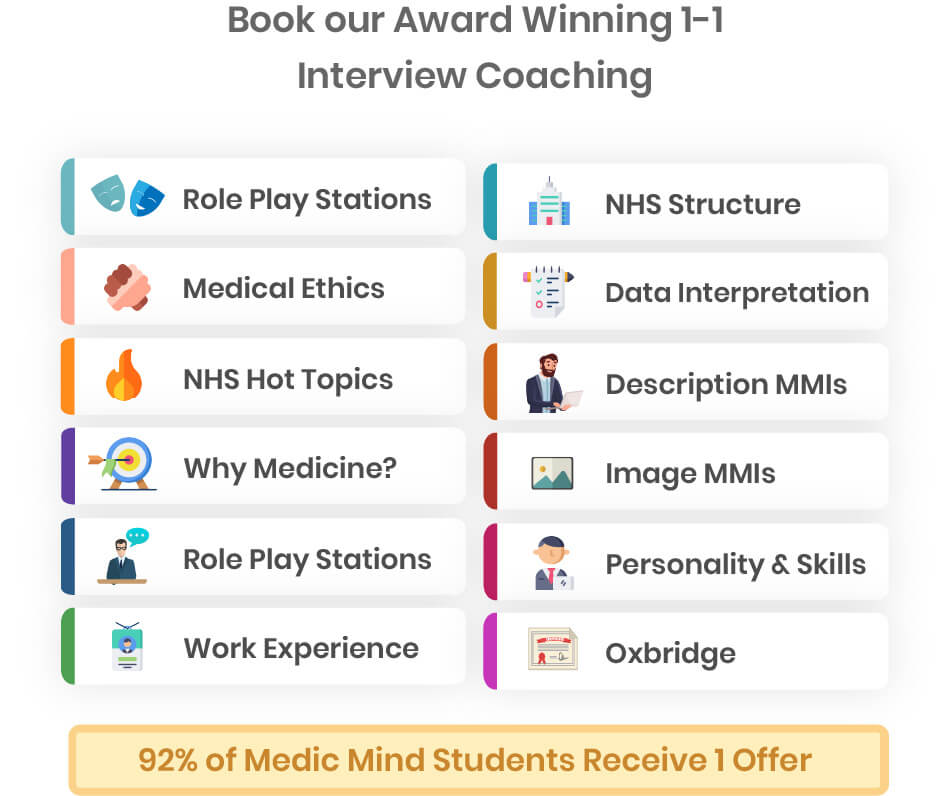
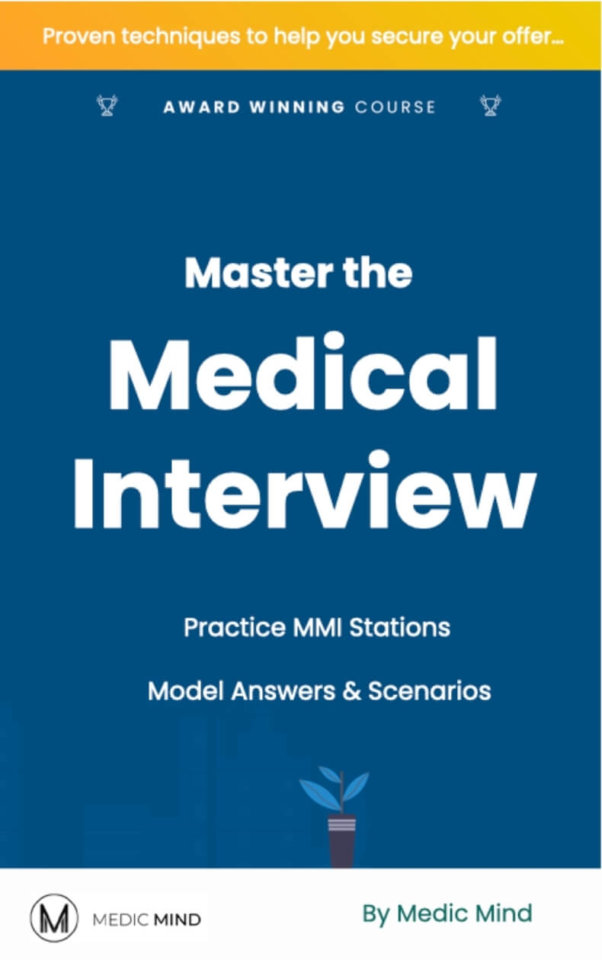
Was this article helpful?
Still got a question? Leave a comment
Leave a comment